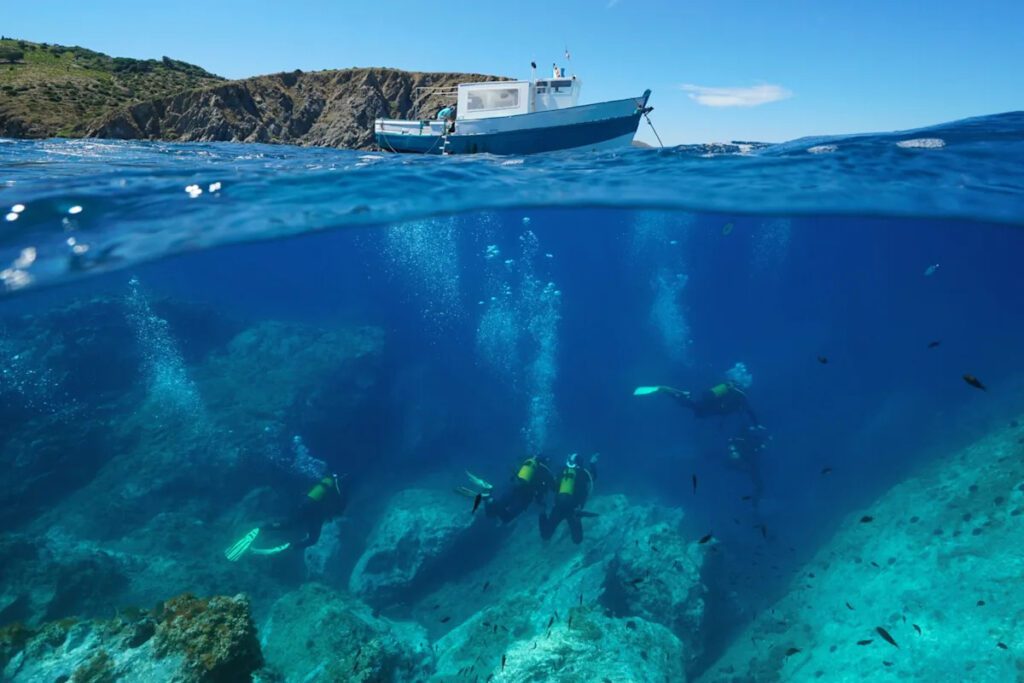The term “tropical” often evokes positive feelings, but the phenomenon of tropicalization poses serious threats in the Mediterranean region. As temperatures rise, species from the Red Sea are moving through the Suez Canal, leading to an influx of invasive species, such as lionfish. This surge in predation jeopardizes native biodiversity, with invasive populations growing unchecked and competing for essential resources.
The importance of preserving native species is underscored by a study from Conservation International, which found that enhanced marine protected areas yield 27% more fish and significantly higher household incomes in nearby communities. The health of marine ecosystems is crucial as they provide oxygen and serve as a food source for over a billion people globally.
In response, some countries are implementing strategies to combat biodiversity loss, including the US’s first National Biodiversity Strategy aimed at stabilizing keystone species and enhancing human health. There is also an emphasis on individual actions, such as promoting local native species and participating in community efforts to support environmental health.
Ultimately, informed engagement and individual contributions can significantly impact biodiversity preservation and ecological balance.
Source link


